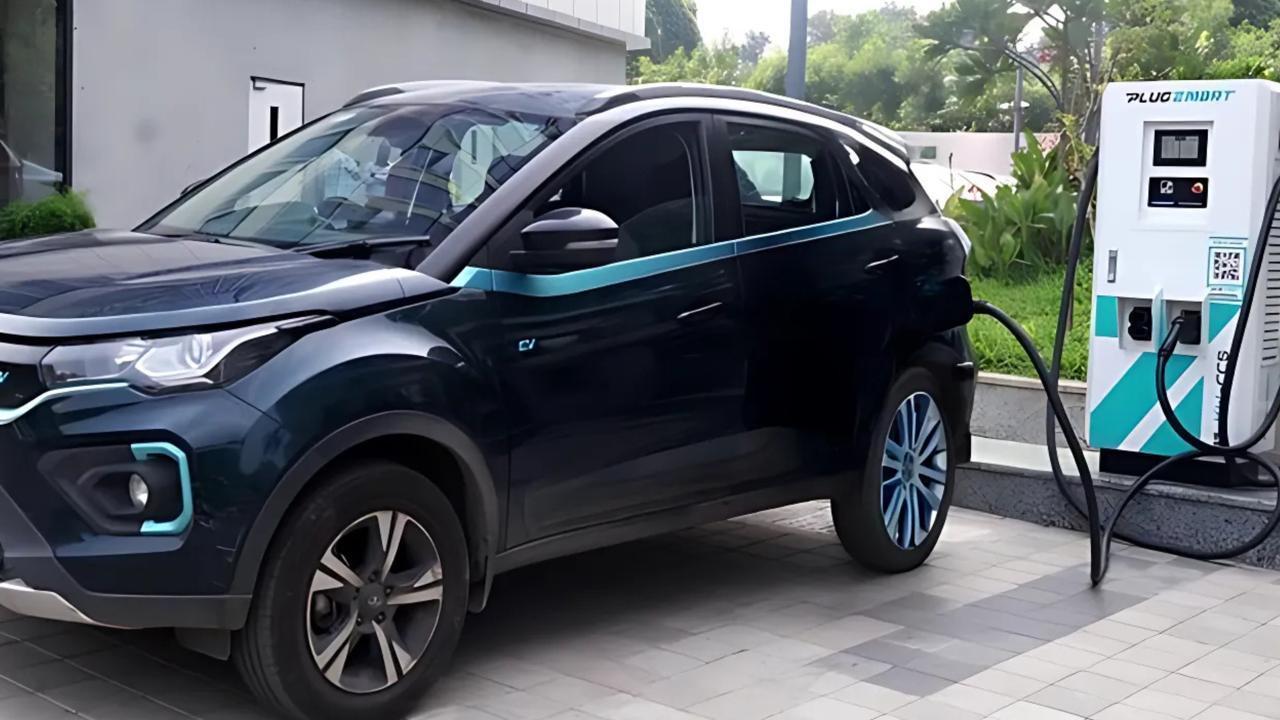
Post by : Amit
Photo : X / IIT Madras
Disrupting EV Charging: IIT-Madras Startup Redefines Access
In a significant leap forward for India’s electric mobility ecosystem, an incubated startup from the Indian Institute of Technology Madras (IIT-M) has unveiled a first-of-its-kind multi-network EV charging platform. This pioneering innovation is poised to solve one of the most pressing challenges in India’s EV journey: fragmented and incompatible charging networks.
The platform, designed and developed by the startup under the Incubation Cell of IIT-M, aims to unify multiple EV charging networks into a single, seamless digital interface, enabling EV users to locate, access, and pay for charging across diverse service providers with ease. The innovation comes at a time when India is working aggressively toward building a nationwide charging infrastructure to support its ambitious e-mobility goals under the Faster Adoption and Manufacturing of Hybrid and Electric Vehicles (FAME) scheme.
The Interoperability Challenge in India's EV Landscape
India’s EV charging ecosystem, although growing, has been largely fragmented so far. Multiple operators have built independent charging networks with proprietary apps, payment systems, and user interfaces. As a result, EV drivers often find themselves limited to specific platforms, unable to use other stations even if they are nearby and available.
This lack of interoperability has significantly hampered user experience and slowed the scale of EV adoption, particularly in metros where multiple providers operate. Moreover, fleet owners and commercial transport operators face major inefficiencies when managing vehicle charging across cities.
The IIT-Madras startup seeks to erase these artificial boundaries. Their platform aggregates different charging providers under a single umbrella while ensuring data privacy, real-time access, and payment reconciliation.
A Seamless, Smart, and Scalable Solution
At the core of the new platform is an intelligent middleware layer that integrates Application Programming Interfaces (APIs) from multiple charge point operators (CPOs) into one unified user experience. Whether it's a fast-charging station by a private player in Bengaluru or a public charger by a municipal body in Chennai, users can discover, access, and pay through a single app or dashboard.
The platform supports key interoperability standards such as OCPP (Open Charge Point Protocol) and OCPI (Open Charge Point Interface)—technologies that are increasingly being adopted in global EV charging networks. These standards ensure that a wide array of chargers—regardless of brand or operator—can be brought into the ecosystem without the need for hardware upgrades.
Features of the platform include:
A Boost for Users, Operators, and Fleets
This platform is a game-changer for EV drivers. Instead of toggling between 4–5 different apps to check charging station availability, users now have a unified interface that offers instant discovery and access to the nearest functional charger, regardless of operator.
For CPOs, the benefits are equally significant. The startup’s platform offers access to a larger user base, reduces app development and customer acquisition costs, and enables data-driven optimization through shared analytics. Operators can join the platform with minimal integration effort and benefit from centralized payment clearing, boosting operational efficiency.
Fleet operators, in particular, stand to gain enormously. By onboarding multiple cities and states, the platform allows nationwide EV fleet management from a single console, with integrated billing, energy consumption analytics, and charger diagnostics.
Government and Policy Synergies
The launch of the multi-network EV charging platform aligns strongly with India’s evolving National Electric Mobility Mission Plan, which emphasizes digital platforms, interoperability, and localized innovation. The startup has already initiated dialogues with NITI Aayog, Ministry of Power, and Department of Heavy Industries to align its platform with public policy goals.
Additionally, it is expected to support and enhance the performance of India’s e-AMRIT portal, the national online dashboard for EV awareness and infrastructure. By plugging directly into state-level transport departments and DISCOMs, the platform can also assist in data-based policymaking, demand forecasting, and peak-load management.
A spokesperson from the startup noted, “India’s EV success story depends on scalable, interoperable infrastructure. With this platform, we’ve shown that technology born in India can solve India's unique challenges in EV adoption.”
Industry Endorsements and Pilot Programs
Early trials of the platform in Chennai and Hyderabad have already yielded promising results. The pilot program, which onboarded six charging providers and over 50 chargers, showed a 24% increase in charger utilization rates and 30% higher user satisfaction scores due to the frictionless experience.
Several major CPOs and energy utility firms have reportedly expressed interest in the platform, including Tata Power, Statiq, and ChargeZone. If integrated into their networks, the platform could reach over 10,000 charging points within a year—potentially becoming India’s largest interoperable charging interface.
The startup is also in discussions with public transit authorities to explore applications in electric buses and government EV fleets. Discussions are ongoing to partner with metro systems and urban development bodies in Mumbai, Delhi, and Ahmedabad.
A Research-Driven, Scalable Innovation from Academia
This isn’t just another startup—it’s the result of years of research, field testing, and industry collaboration fostered by IIT-Madras’s Incubation Cell and its Research Park ecosystem. The project received funding and mentorship from the Department of Science and Technology (DST) and Atal Innovation Mission, and it has been nurtured by EV research experts from the institute’s electrical engineering department.
By leveraging both academic depth and real-world insights, the startup has engineered a platform that is not just technologically sound, but also cost-effective, adaptable, and ready to scale across India’s heterogeneous market.
Prof. Ashok Jhunjhunwala, a pioneer in India’s EV ecosystem and a mentor at the Research Park, commented, “The startup reflects the kind of pragmatic innovation we need. It solves a critical pain point while keeping Indian conditions—cost, connectivity, scale—in mind.”
National Integration and Global Ambitions
The startup’s next steps include expanding to 15 cities, onboarding at least 25 charge point operators, and building APIs that can be integrated into vehicle dashboards, navigation systems, and fleet software.
There’s also an eye on global markets. Emerging nations across Africa, Southeast Asia, and Latin America are grappling with the same fragmented EV infrastructure challenges. With its adaptable backend and low integration costs, the IIT-Madras solution may find takers in similar economies.
Meanwhile, partnerships with OEMs (Original Equipment Manufacturers) are on the horizon. The startup plans to work with electric two-wheeler and three-wheeler makers to provide integrated in-vehicle charging assistance, further removing friction from the EV user journey.
A Milestone Moment for EV Charging in India
As India chases its 2030 goals of 30% electrification of new vehicle sales and 70% for commercial fleets, infrastructure enablers like this multi-network platform are not just optional—they’re essential.
The IIT-Madras incubated startup has done more than just innovate; it has reimagined the entire user experience for EV charging in India, bringing it closer to the kind of seamless access and convenience EV users enjoy in more mature markets like Europe or China.
In a country where energy demand, mobility needs, and digital inclusion are all on the rise, this initiative could very well be the missing link that turns potential into progress—ushering in a new chapter in India’s EV journey, one unified charge at a time.
IIT Madras, Startup, EV Charging
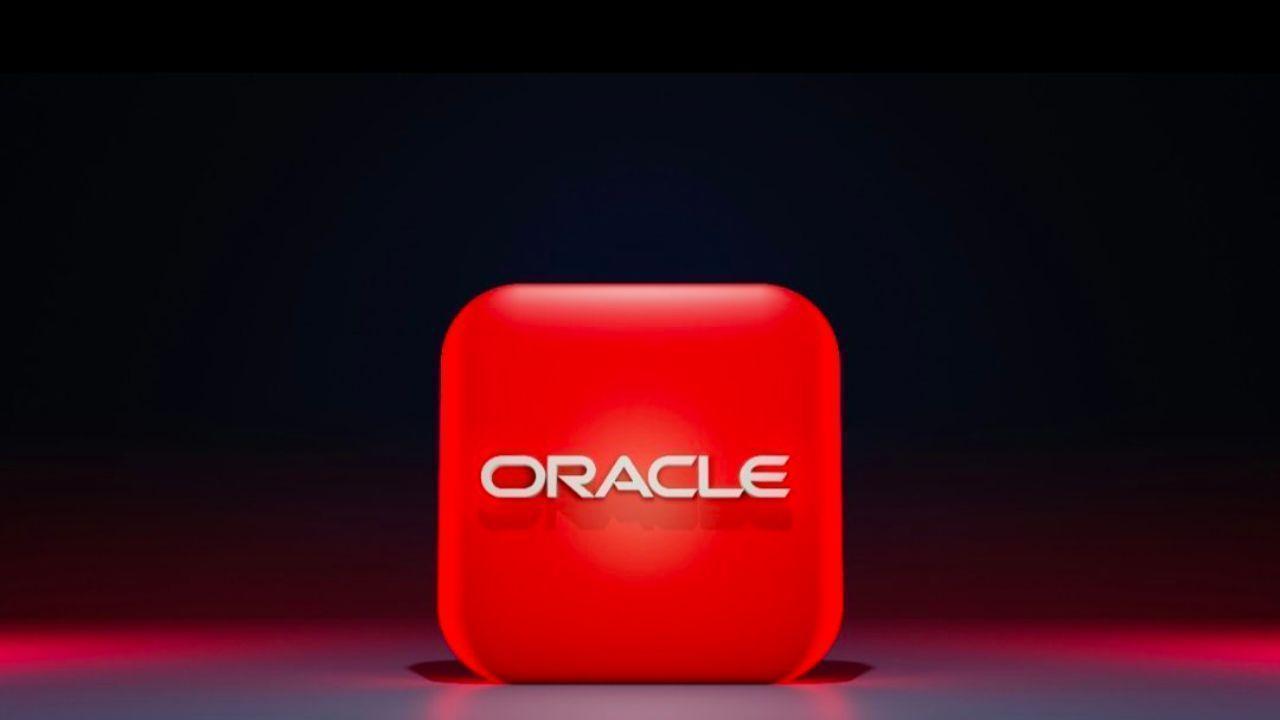

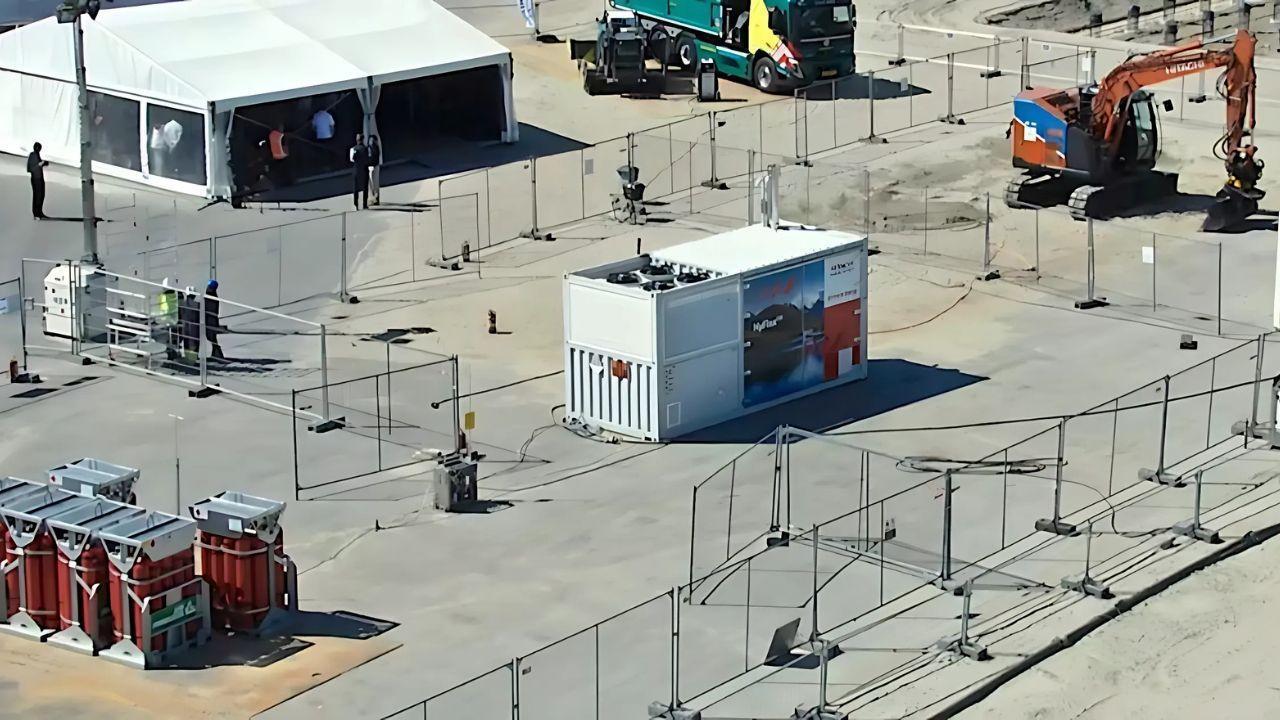
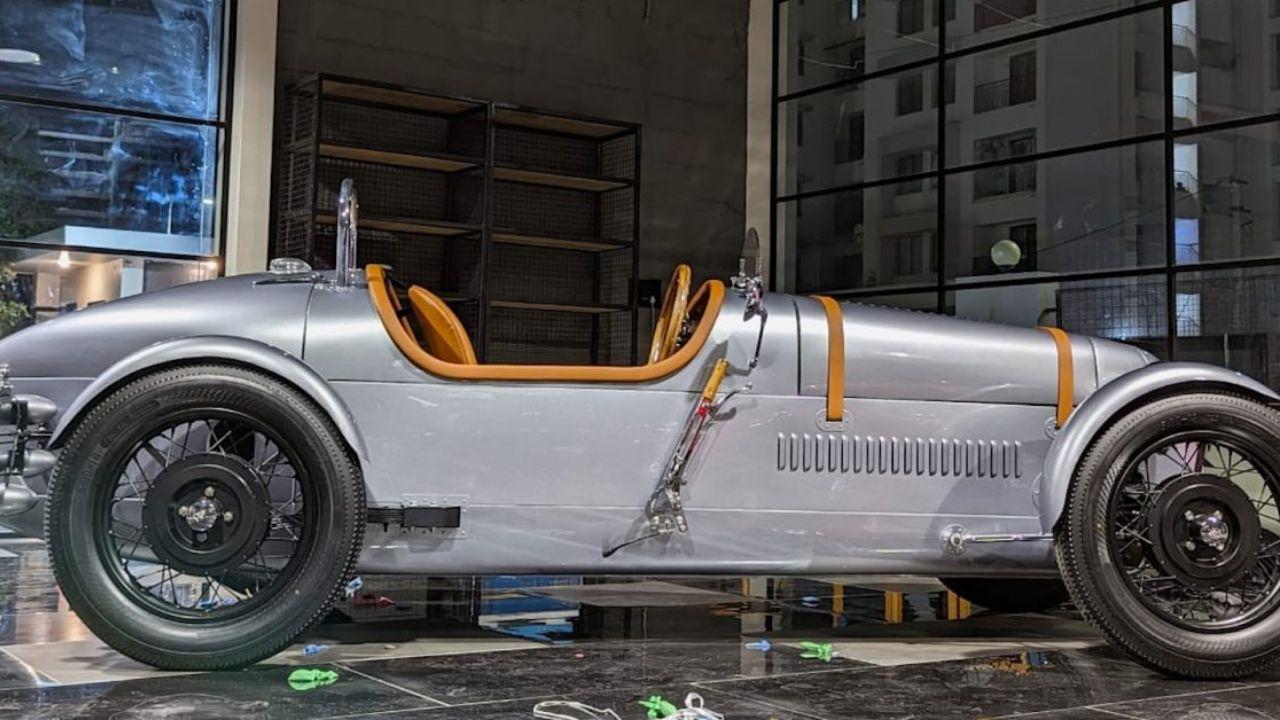

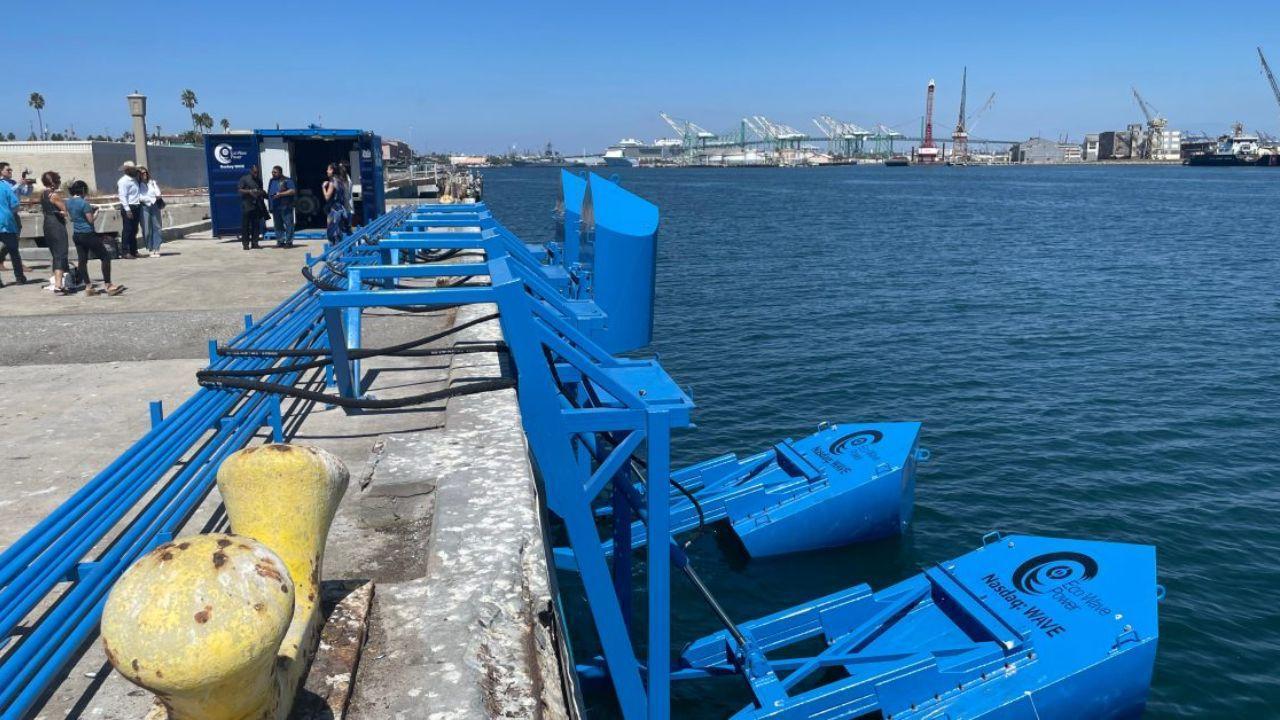
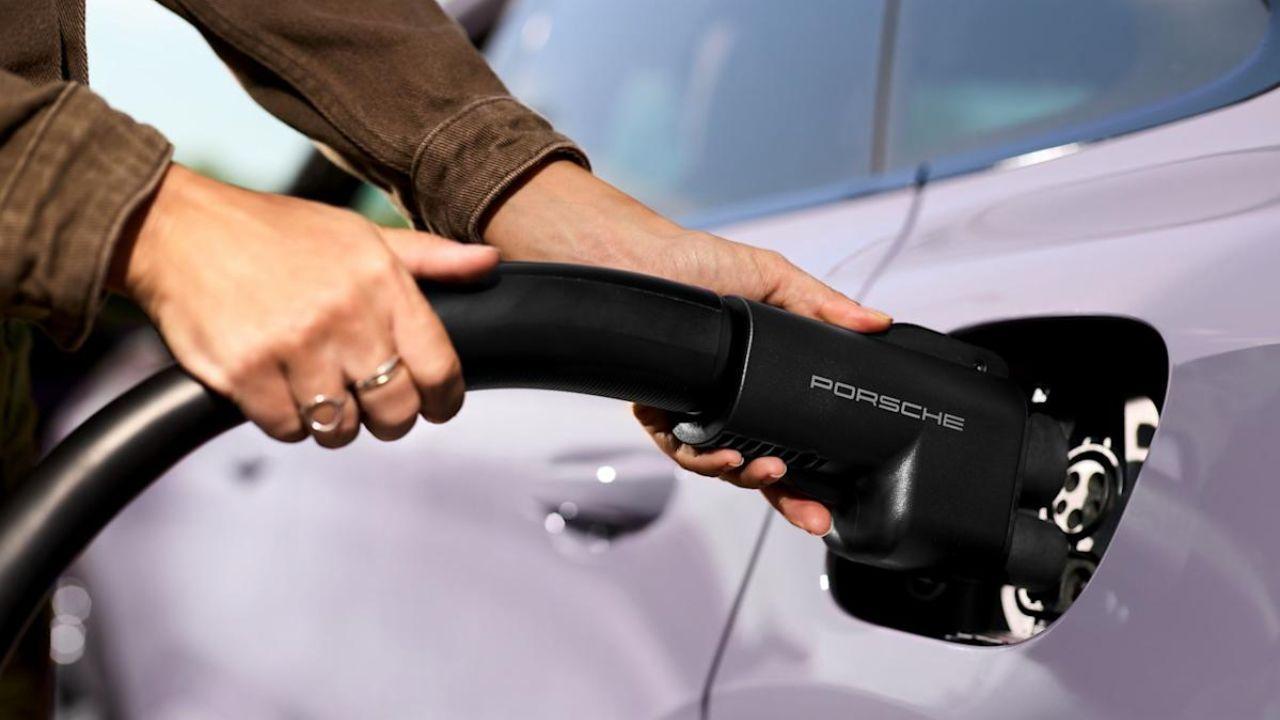


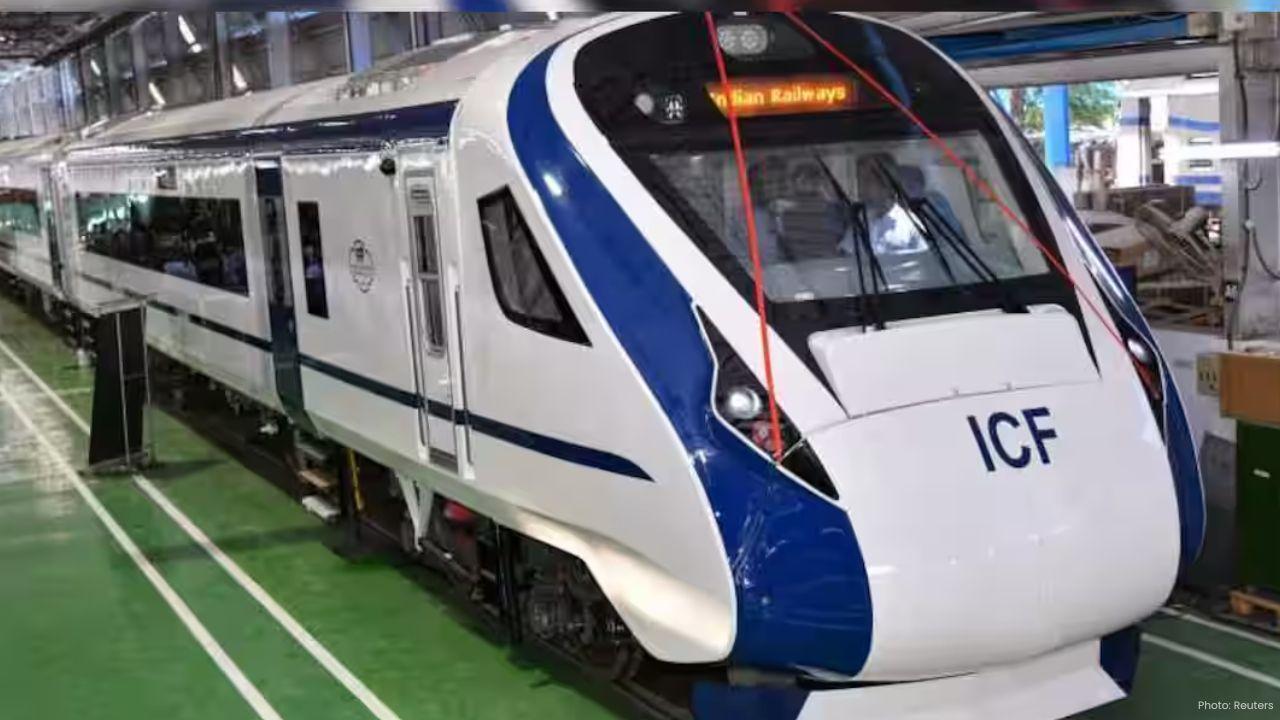
Vande Bharat Passenger’s Spitting Incident Sparks Nationwide Debate
A passenger spitting on the Vande Bharat Express floor sparks online debate on civic sense cleanline

OnTrac Introduces Ground Essentials Service for Affordable and Reliable Shipping
OnTrac launches Ground Essentials a new service offering cost-effective parcel delivery with up to 3

Breeze Airways Earns Five-Star Status as North America's Top Airline
Breeze Airways achieves a five-star rating marking it as North America's leading major airline for 2

Royal Enfield Cuts Prices on 350cc Bikes After GST Rate Reduction
Royal Enfield reduces prices on 350cc motorcycles from September 22, 2025, following GST rate cuts,

Viva ACP Boosts Bus Safety with Strong Lightweight Aluminium Panels
Viva ACP’s panels make buses safer lighter and stronger—saving energy and protecting passengers with
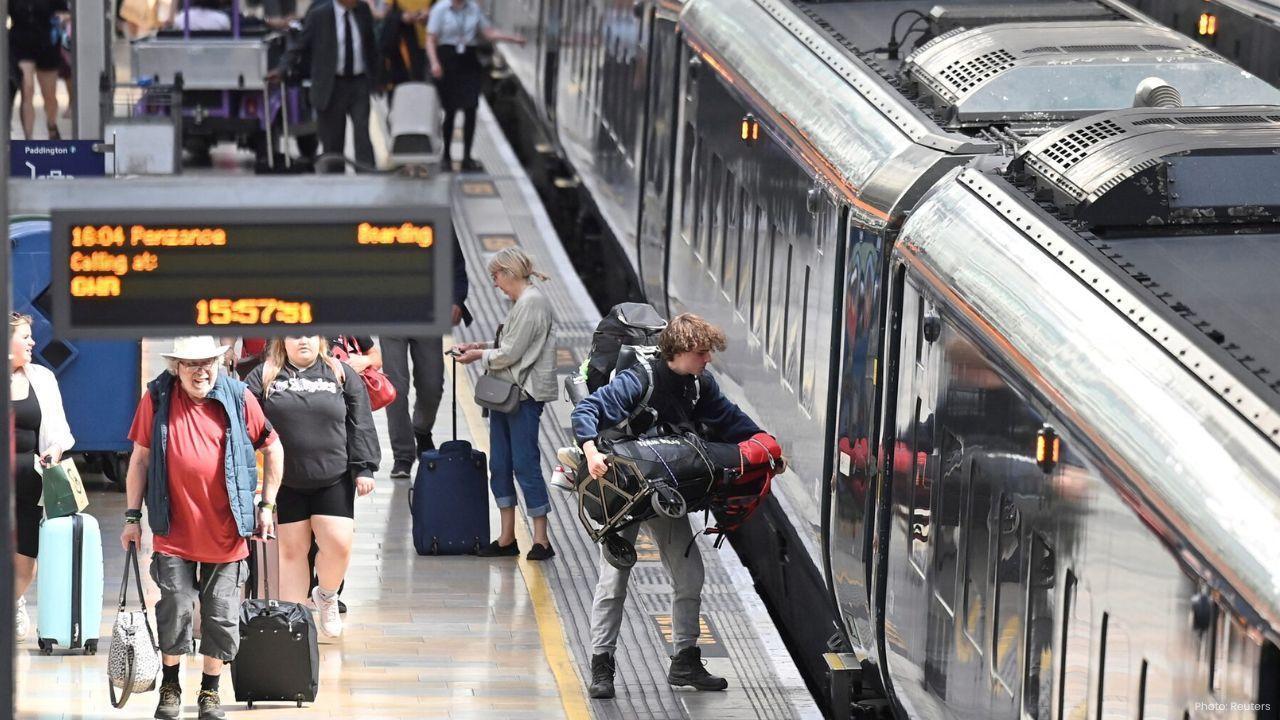
Steelpaint’s Stelcatec Coating Gets UK Rail Approval
Steelpaint’s Stelcatec coating approved by UK Network Rail for durable, fast, and effective protecti